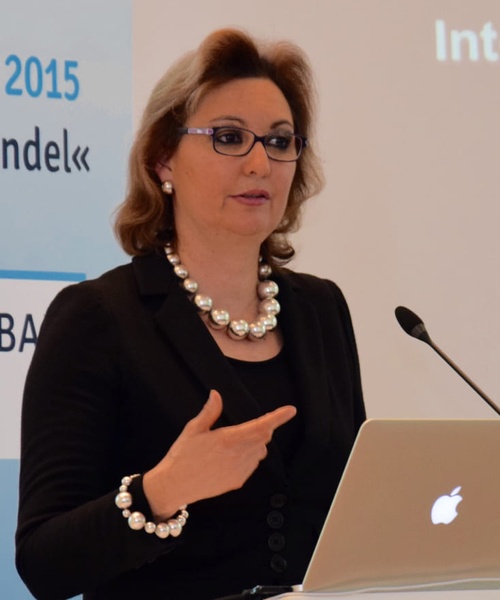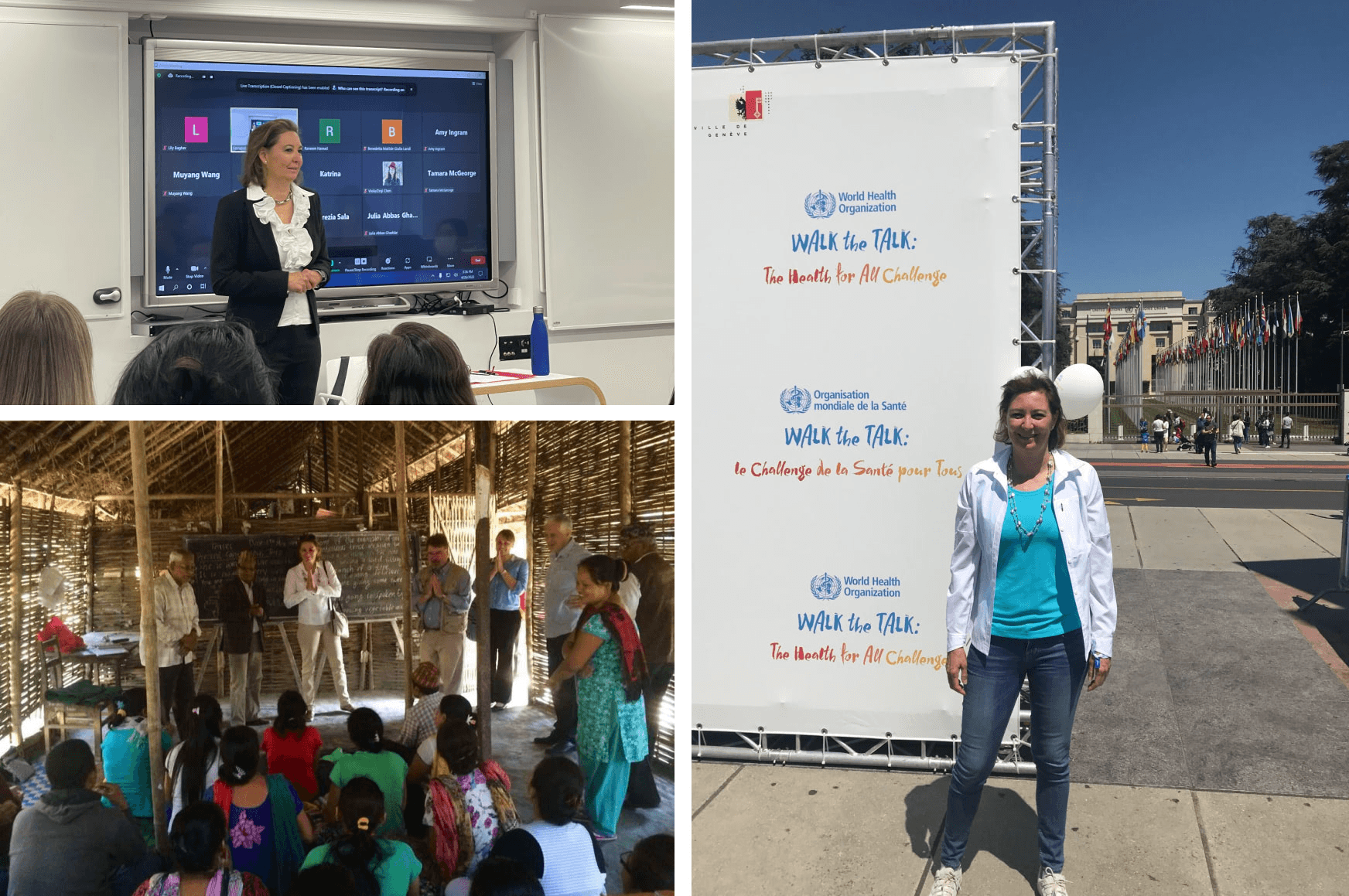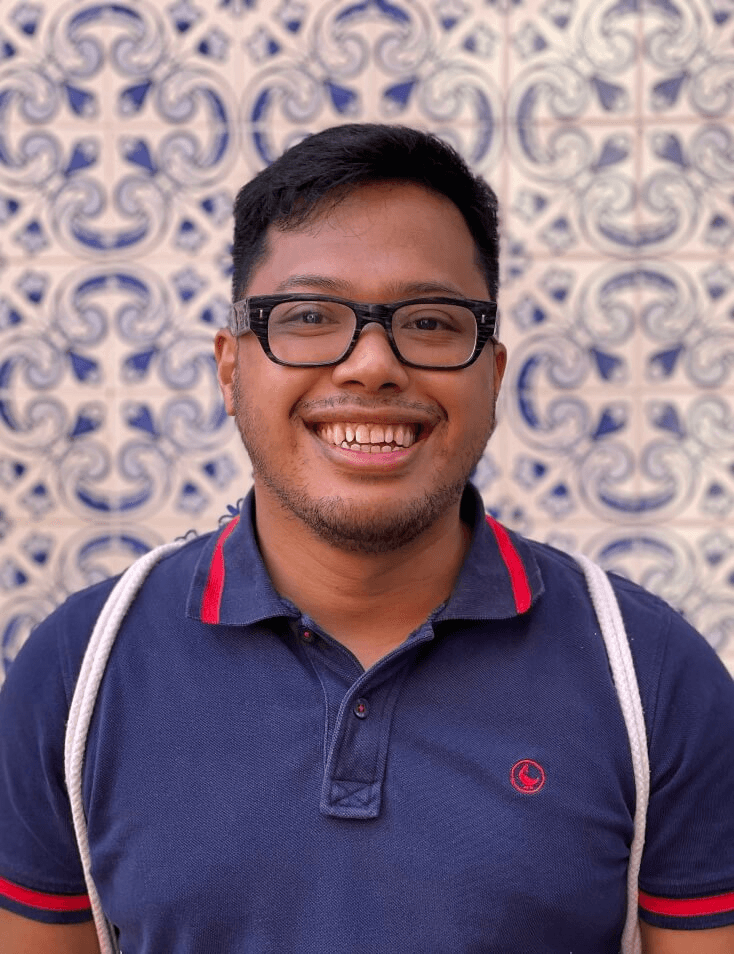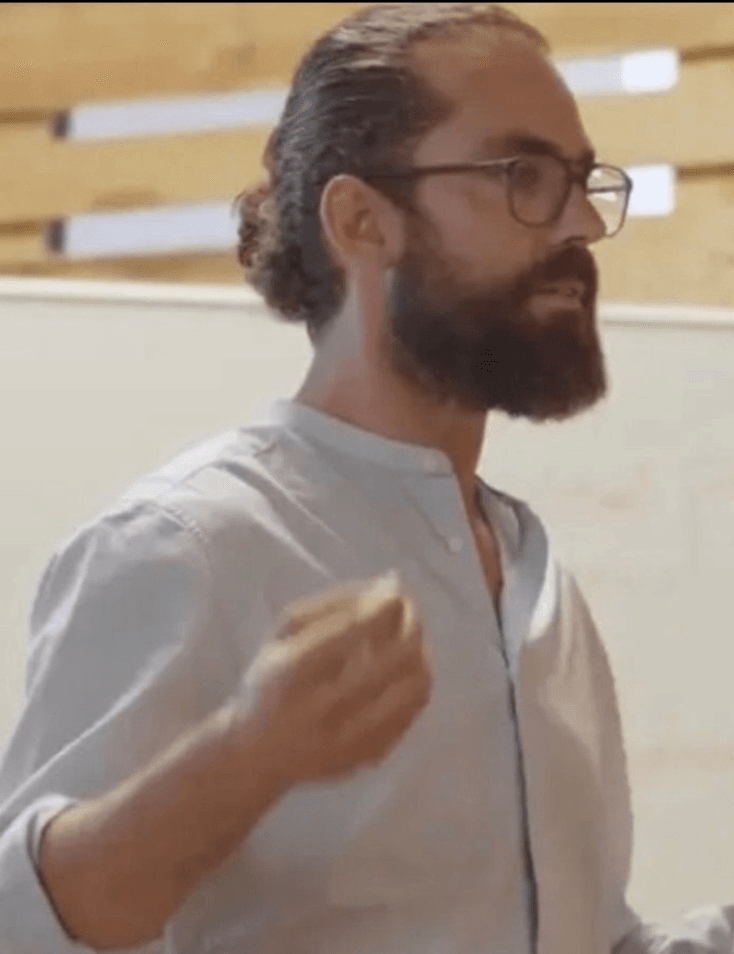
Laura Thompson
I was born in Costa Rica, and for as long as I can remember, I’ve had a soft spot for international law and international relations. In fact, this passion has driven me to spend half of my career as a Costa Rican diplomat and the other half as a United Nations staff member. Once I completed my law degree, I entered the Costa Rican diplomatic service and was posted at the Delegation of Costa Rica to UNESCO in Paris. There, I discovered my love for international affairs, the UN system and everything involving multilateral efforts. I believe international immigration, women’s rights and migration are incredibly important topics in today’s world, which is why these concepts are found at the center of my advocacy and my teaching.
“What we do at the international level is not an abstract engagement, but real engagement with actual people. We have to make the world a better place for everybody.”
Adding a human touch to the narrative
With over 30 years of experience in diplomacy, high-level representation, multilateral international negotiations and the United Nations, Laura Thompson views international relations as more than just a field of study—it’s her life passion. As the former Ambassador of Costa Rica to the UN in Geneva and the former Deputy Director General at the International Organization for Migration, she understands that there are real people behind each and every international issue.
Laura first fell in love with international relations when she took a diplomatic position at UNESCO. A fire ignited in her and she decided to test the international waters, exploring the international field and international negotiations. Her pursuit of an understanding of the global landscape kept her close to the UN, where she continued learning about the different perspectives of its organizations.
Leaning towards the humanitarian side of international organizations, Laura began to find ways to actively engage with refugees and migrants. She even chaired the Executive Committee of the United Nations High Commissioner for Refugees (UNHCR), and through this, Laura found her field of expertise in international multilateral affairs.
As a way to share the vast knowledge and understanding she has gained in migration and international relations, Laura teaches a workshop for students at IE University. She considers it an honor to have been invited to help bring light to a topic she holds dear to her heart. Her aim is that students understand the differences between migrants, refugees and those who are internally displaced.
Striving to make the world a better place, Laura teaches her students that the most important thing to remember is that they will be working with real people who have had both positive and negative experiences, needs, and hopes. She pushes them to think of their work not as an abstract engagement, but one with actual human beings. With this mindset, students will be able to enhance the favorable aspects of migration and confidently manage the unfavorable elements.

According to Laura, migration in the news today is—more often than not—presented in a negative light. She seeks to break down the nuances of migration, insisting that it’s not a problem that can just be ignored as it’s a reality for countless people. Laura believes that we can leverage the positive side of migration to build a far more equitable society and that this can, and will, start with her students.
“What we do at the international level is not an abstract engagement, but real engagement with actual people. We have to make the world a better place for everybody.”

